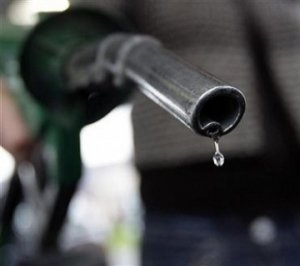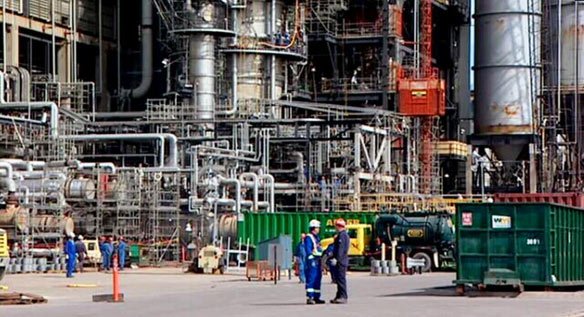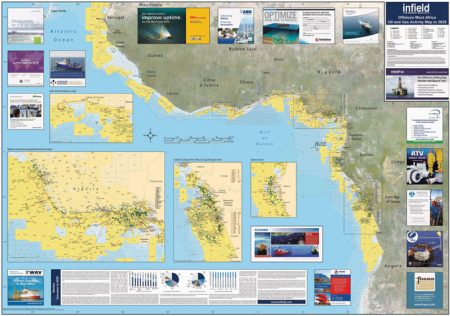 01 February 2012, Sweetcrude, LAGOS – Nigeria’s junior oil workers union Wednesday called off a two-day strike over a dispute with Shell that had sparked fears of petrol shortages and caused long queues at fuel stations in Africa’s largest crude producer.
01 February 2012, Sweetcrude, LAGOS – Nigeria’s junior oil workers union Wednesday called off a two-day strike over a dispute with Shell that had sparked fears of petrol shortages and caused long queues at fuel stations in Africa’s largest crude producer.
The National Union of Petroleum and Natural Gas Workers (NUPENG), which represents blue-collar workers, including tanker drivers, launched the strike on Tuesday. It was limited to petrol deliveries and did not affect oil production.
A statement distributed by state oil firm NNPC said the union had “suspended its two-day old strike called in solidarity with its members in Shell over an industrial dispute with management of the company.”
It said the decision followed negotiations in the capital Abuja under the mediation of the head of NNPC. The general secretary of NUPENG, Elijah Okougbo, confirmed the strike had been called off.
The dispute centred on a union official’s alleged anti-union activities and Shell’s refusal to recognise a caretaker committee set up to replace him following his expulsion.
Earlier on Wednesday, SPDC, Shell’s Nigerian joint venture, said in a statement, “we are aware that there is a dispute between national NUPENG and the Shell branch of the union which is the subject of a court case.”
The company said “allegations of interference and intimidation of union officials made in some media reports against SPDC by some members of the union outside its employment are false.”
The NUPENG action came more than two weeks after a week-long general strike and street protests over soaring fuel prices.
The strike was called off on January 16 after President Goodluck Jonathan reduced the price of petrol per litre to 97 naira (0.47 euros, $0.60).
The government had scrapped fuel subsidies on January 1, causing petrol prices to more than double from 65 naira per litre.
Most in the country of some 160 million people live on less than two dollars a day, and Nigerians, weary after years of blatant corruption, viewed the subsidies as their only benefit from the nation’s oil wealth.



